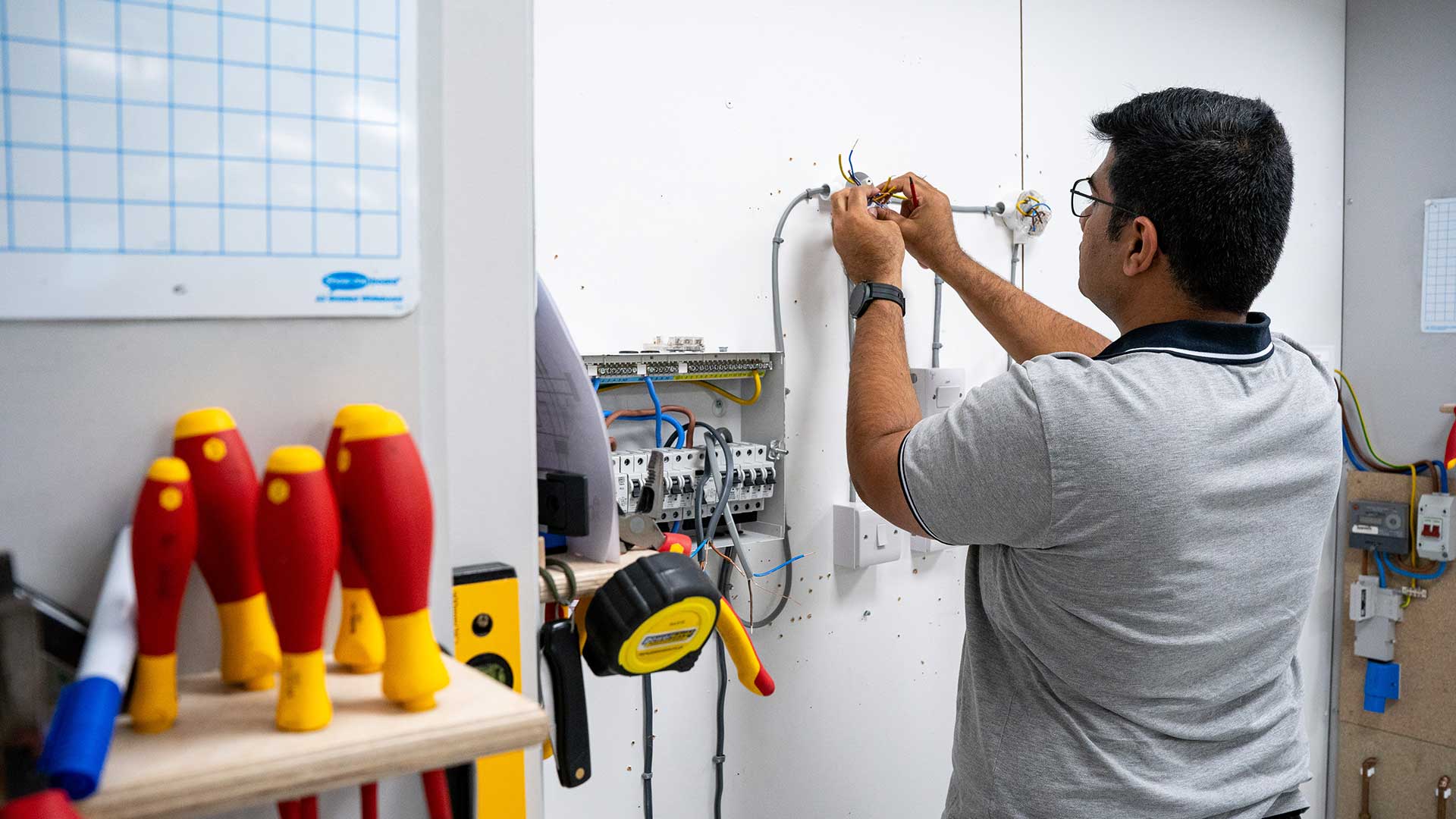On 15th July the DfT issued a public consultation on proposals to require (via an amendment to the current building regs) all new-build homes to be fitted with an electric vehicle charging point. The proposal forms a part of the government’s ‘Road to Zero’ strategy which aims to clean up air quality by moving to zero emission vehicles. This is all in line with the Government’s commitment to achieve net zero carbon emissions by 2050, which includes plans to ban the sale of Petrol and Diesel powered cars by 2040.
The UK would be the first government in the world to introduce the legislation, which it says will make charging easier, cheaper and more convenient for drivers.
What will this mean for building developers?
The writing has been on the wall for some time and this plan will come as no surprise to building developers. Local planning authorities have long made this a requirement, with both Surrey and East Sussex County Councils making this a pre-requisite for all new builds with a driveway since 2018. However, if carried through, this would be the first time charging points were required by law, rather than as a reflection of local planning authority policy.
The Government also plan to mitigate any negative impact on housing supply due to the cost of creating a new connection to the grid, proposing an exemption of £3,600 per charging point, which is more than three times the average cost of an electrical capacity connection required for one charge point.
How will this affect existing homeowners?
While the proposition itself won’t affect existing homeowners, it has brought more focus to Schedule 2, Part 2, Class D of the 2015 General Permitted Development Order, which states that homeowners with a driveway and the ability to install a charging point in excess of 2 metres from the highway may do so without the need to apply to the local planning authority.
This combined with the Office for Low Emission Vehicles (OLEV) EV Homecharge Scheme means there has never been a better time for homeowners to future proof their house and add value to their property. The aim is to provide affordable domestic EV chargers to everyone, with a value of 75% (capped at a maximum of £500 per charging unit) subsidised by the Government grant.
To learn more about how the grant works, check out our article here or visit our events page to find out when our next EV seminar will take place.



























